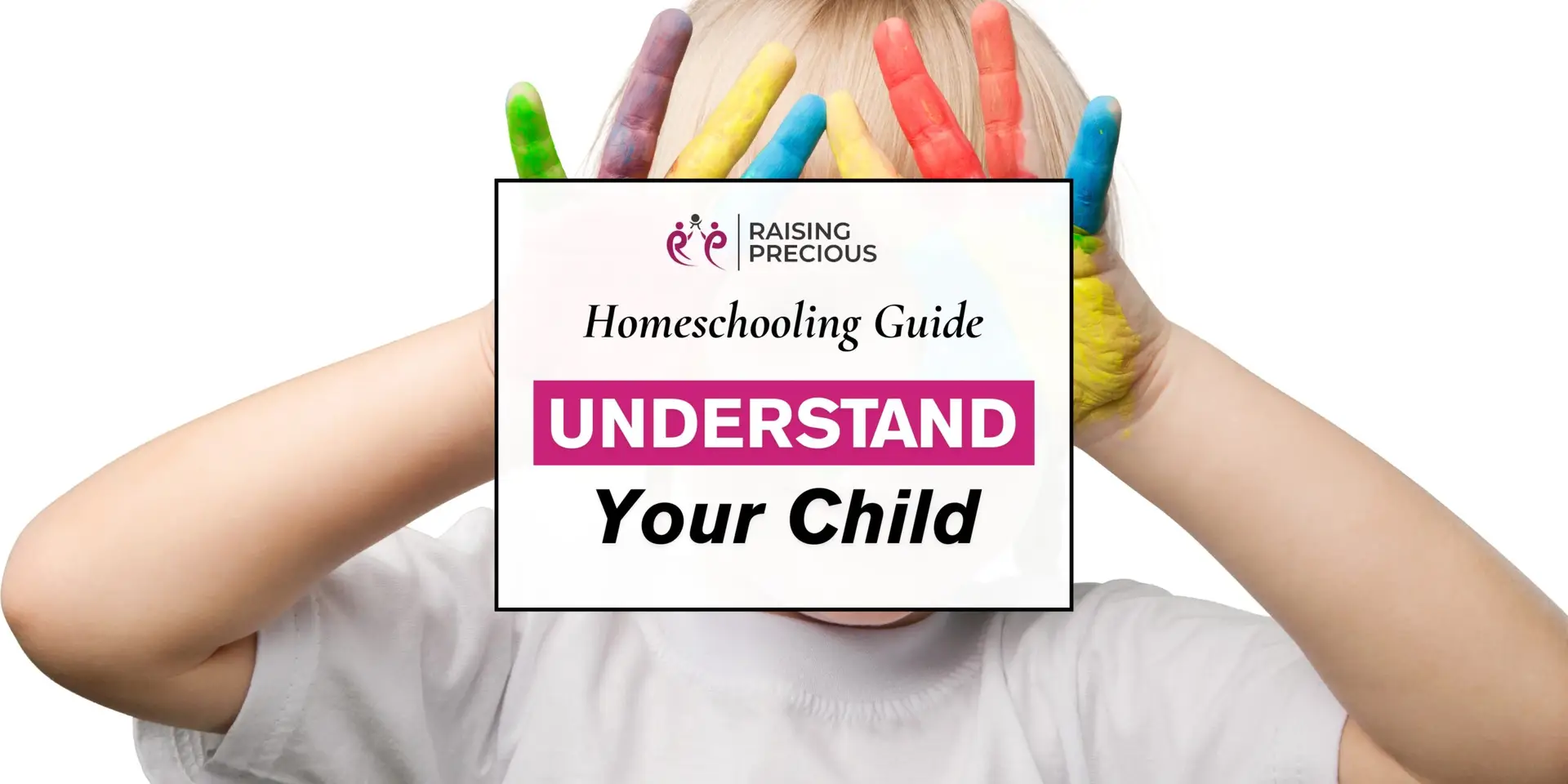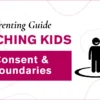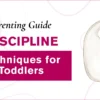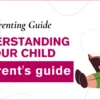7. Channeling Energy Positively
Accept your child’s nature as a gift. Don’t try to suppress it; rather, channel that energy into sports, that playfulness into art, and that curiosity into studying new things, and you will find your children learning more things faster than those confined to the prison-like classrooms of schools.
8. Supporting the Learning Process
I am surprised whenever I meet an angry parent whose frustration is caused by the fact that his/her child doesn’t know something, is having difficulty understanding a new concept, or made some mistakes in their work. If you are going to teach, you are going to need to learn to relax and learn to accept mistakes as part of the learning process. Your child is young and whatever new concepts you teach him/her, it will be the first time that child is being exposed to those concepts. You cannot expect him to understand it immediately, apply it perfectly, and get one hundred percent on every test.
Such an attitude is ridiculous and will lead to endless frustration, tension between you and your children, and eventually giving up and sending them off to school to be someone else’s problem. In fact, you should expect them not to understand and expect them to make dozens of errors. Expect them to need a lot of explanation and guidance, and then be amazed when they grasp the concepts sooner than they expected, praise them for making less mistakes than you expected. Reward them for making progress much faster than you expected.
9. Fostering Confidence
Importance of Confidence: Children need confidence to succeed. Without confidence, people are unable to learn and grow. It is our experience that bad parenting and bad teachers are two primary causes of low self-confidence. As a homeschooling parent, you now occupy both of those roles and need to avoid any pitfalls that can kill your child’s confidence. Common confidence killers to avoid include yelling, calling them derogatory names, hitting, passive aggressiveness, doing their work for them, expecting too much, and not expressing your confidence in their abilities.
10. Boosting Self-Esteem
If you avoid these traps, then your child will learn more confidently and absorb information faster. You can further boost your child’s confidence by praising their effort, even when they make mistakes, sharing with them your own struggles in learning, letting them know you believe in them, and letting them know that mistakes are natural and part of the learning process.
11. Striking a Balance
Finding the balance: Your child needs boundaries, but he also needs freedom within those boundaries to be himself. She needs patience in learning, making mistakes, understanding new concepts, and getting distracted, but also needs firmness by setting time limits, reminding her to do her work, and setting up appropriate rewards for good behaviour and consequences for misbehaviour.
12. Setting Clear Guidelines
You need to find that balance by laying down clear laws and clear repercussions for violating those laws, e.g., If you do not learn during school hours, you cannot play video games tonight. These laws need to be laid down with wisdom, explaining to them why and reassuring them of your love in the process.
13. Adapting Parenting Approaches
Finding that balance may take trial and error if you were not raised that way. You may be used to expectations of perfection, getting hit for not knowing something, or being spoiled without limits. But you are not your parents and have an opportunity in your children to do things differently and raise them in a more balanced manner. Take this as an opportunity to break a negative cycle in your family traditions.
Conclusion
Take it easy: Our final bit of advice is to take it easy and not allow any negative emotions to cloud your judgment. It doesn’t matter what people will think, it doesn’t matter whether their grades are perfect or not, and it doesn’t matter whether they are ahead of other children their age or not. All of these are immaterial in the long run. What matters is that they are constantly growing, learning, evolving, becoming better people, and enjoying the entire process. Learning can be a joyful experience for both parent and child; it all depends on how you approach it and what you make out of it. If you understand your child well, you will both have many happy memories of your homeschooling years.







